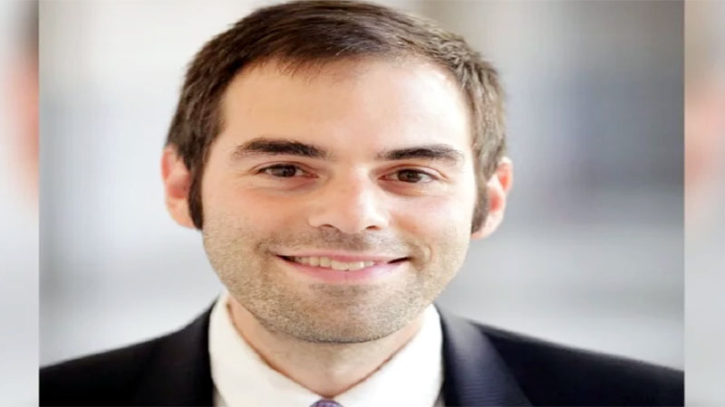’Curbing Retribution Politics: Key Challenge for Bangladesh’s New Govt’

Michael Kugelman, Director of the South Asia Institute at the Wilson Center, recently shared his insights on Bangladesh's political situation in an interview with Dhaka Tribune. Kugelman, an expert in security, geopolitics, and socioeconomics, provided an in-depth analysis of the challenges facing the country after the political upheaval and the formation of an interim government led by Professor Muhammad Yunus.
Interview Excerpts:
Q: What are the primary challenges the interim government might face in maintaining order and credibility?
A: The interim government's foremost challenge will be curbing the politics of retribution, which has often led to violent clashes, as seen recently. Additionally, managing religious extremism that has emerged amid the chaos will be crucial. While the return of the police should help stabilize law and order, the high political temperature and uncertainty will persist. The government's credibility will hinge on its ability to control security and address economic stress. An unelected administration risks losing credibility if it cannot effectively manage violence and economic issues.
Q: How might the change in government affect Bangladesh's relations with its neighbors, particularly India and China?
A: The ousting of Sheikh Hasina is a significant setback for India, which viewed her and her party as its main ally in Bangladesh. India will need to rebuild relations with other Bangladeshi political entities, a process that will take time. Despite this, India cannot afford to sever ties with Bangladesh due to trade, border security, and geopolitical reasons. On the other hand, China's relations with Bangladesh are likely to remain stable. China will proceed cautiously, awaiting a more stable political environment before engaging closely with the new government. The new administration might have more room to expand defense ties with China without as much concern about India's reaction.
Q: What stance are the United States and other Western powers likely to take towards the interim government?
A: The US and Western nations are likely to be supportive of the interim government, especially under Muhammad Yunus's leadership. The swift formation of the interim government has alleviated some concerns about the unrest and political instability. The West will focus on assisting with economic stabilization but will be patient regarding elections, recognizing the need for the interim government to stabilize and implement reforms. US media initially focused on the violence and the rapid escalation of the crisis but has since given the situation significant attention.
Q: Could this political change influence broader global geopolitical trends, particularly in the Indo-Pacific region?
A: The political shift in Bangladesh is unlikely to significantly alter broader geopolitical dynamics. The change, while dramatic, is primarily an internal matter. The main geopolitical focus in the Indo-Pacific remains great power competition. Bangladesh will likely continue to balance its relations with major players like the US, India, China, and Russia. The new government may tilt slightly more towards China but won't make drastic changes that would affect the broader geopolitical landscape.
Q: How might this political shift impact Bangladesh's economy, particularly regarding foreign investment and economic growth?
A: The formation of the interim government has likely reduced some investor concerns by initiating a political transition. Although the previous government struggled with low foreign direct investment (FDI), the interim government, with its apolitical setup and respected economists, could improve investor confidence. However, restoring law and order is crucial to ensure a stable business environment and attract investment. The interim government will need to address economic reforms and maintain stability to support economic growth.
Q: What are the prospects for free and fair elections under the interim government?
A: The interim government is not expected to rush into elections. Its focus will likely be on stabilization and reform. Student protest leaders, a significant new political force, may seek time to establish a new political party. The BNP may push for earlier elections but could face resistance. The army, which has become more politically prominent, might play a larger role if the interim government remains in power for an extended period without elections.
Q: What advice would you give to the interim government and Chief Adviser Prof. Muhammad Yunus?
A: The interim government's top priorities should be restoring law and order, stabilizing the economy, and developing a clear transition plan with a timeline for elections. Engaging with key international partners and avoiding the previous government's mistake of excluding rivals will be crucial. Breaking the cycle of retributive politics and fostering dialogue with the Awami League and its allies will be essential for achieving long-term stability and restoring democracy in Bangladesh.
 (5).png)








